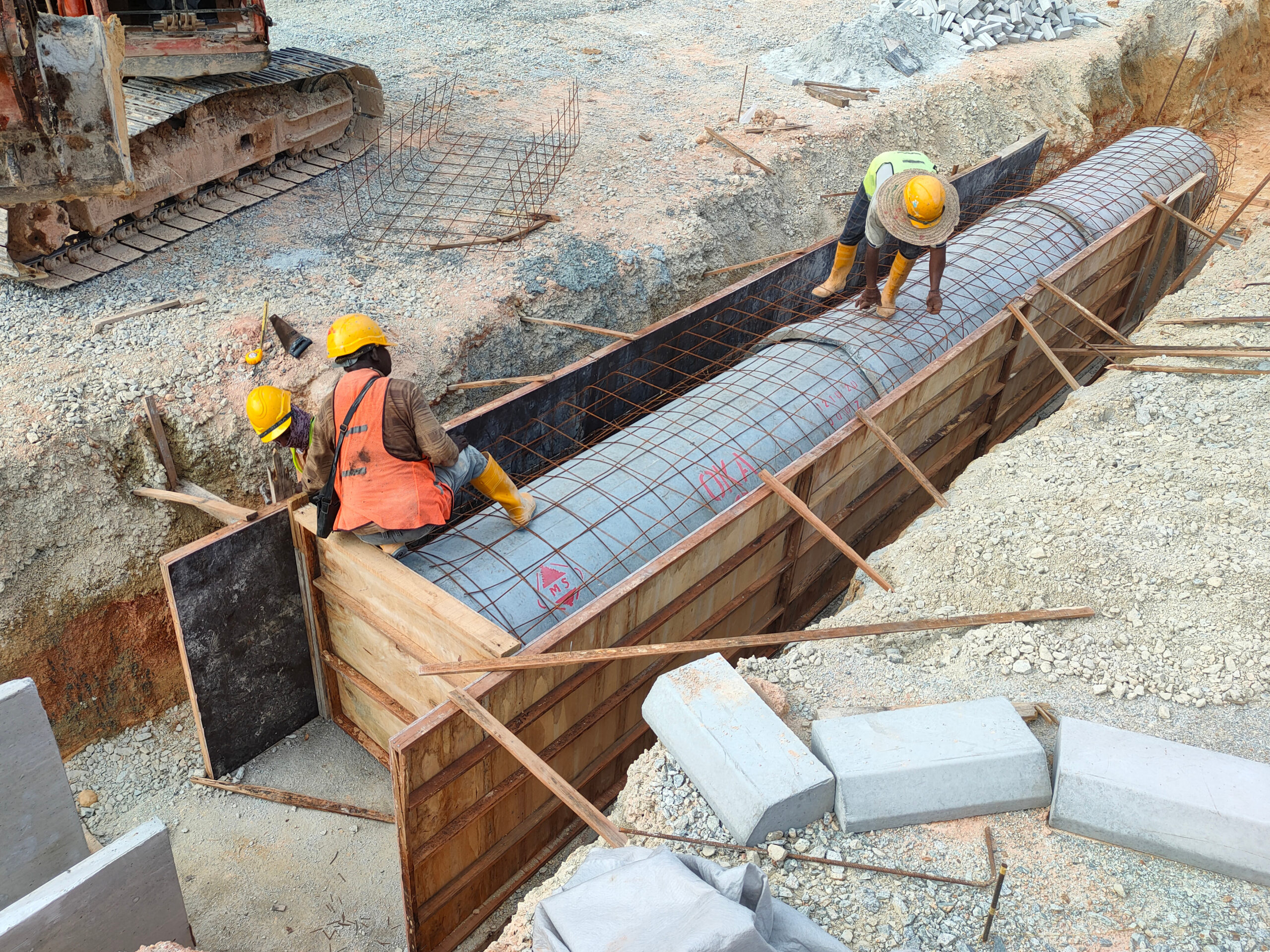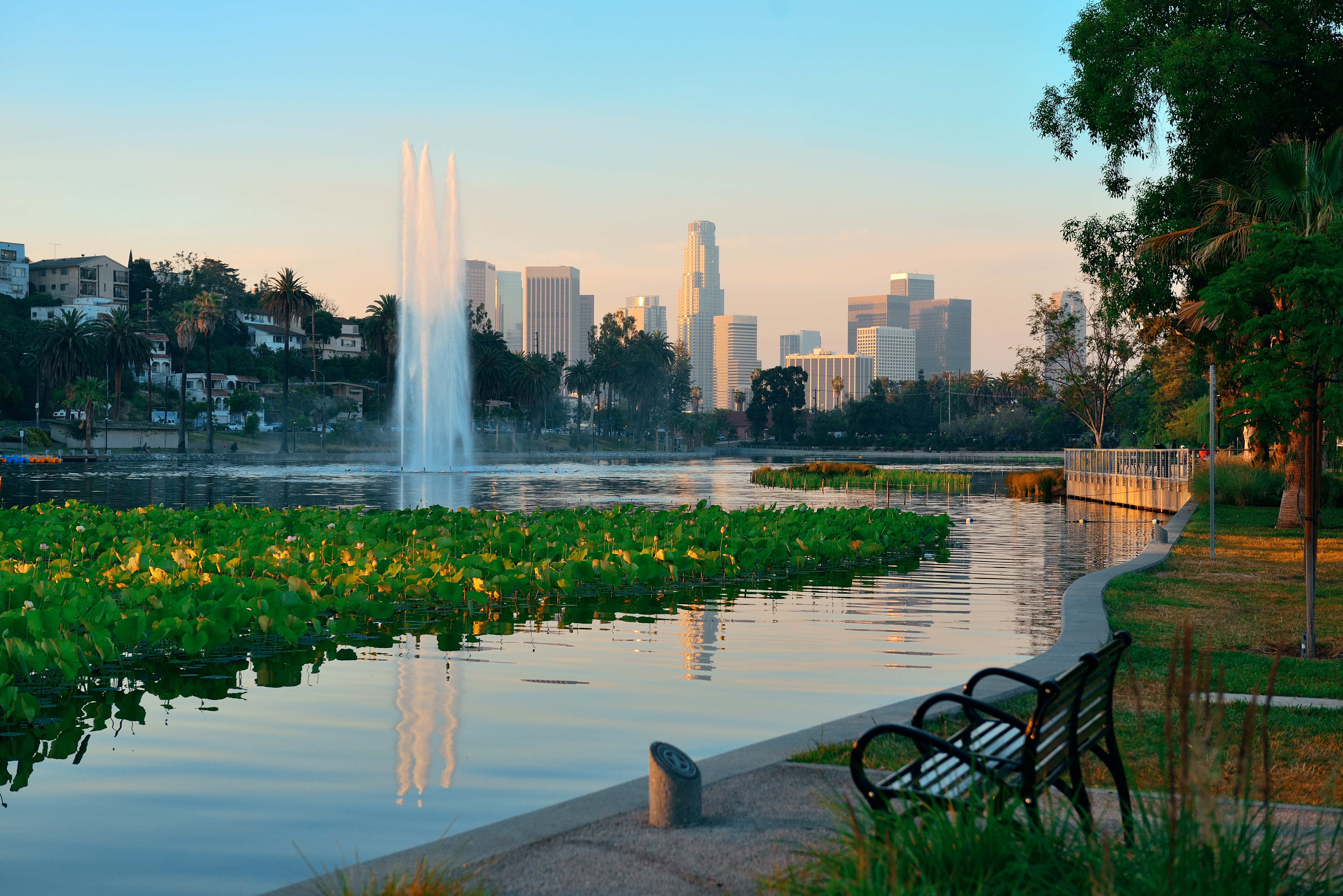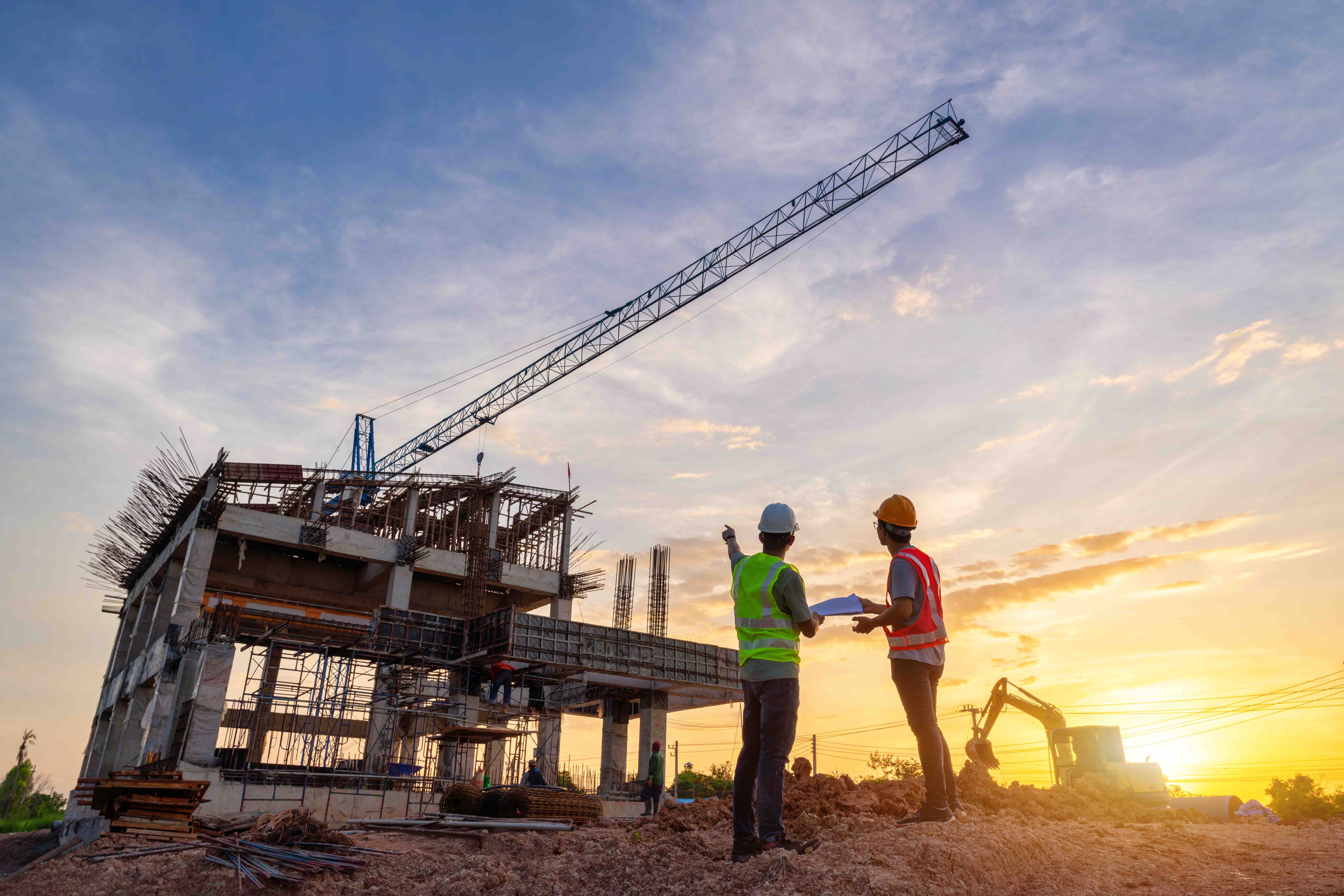
Optimizing Project Management Design and a Culture of Continuous Improvement to Enhance Climate Resilience
New York City's Department of Environmental Protection (DEP) is responsible for managing the city's water supply, stormwater systems, and pollution control infrastructure to create a more climate-resilient future. As climate change threats intensify and the department continues to grow, DEP is seeking to improve internal operations, enhance project efficiency, and... Read more

Water Management Energy Efficiency
Durham, North Carolina is addressing significant challenges in water and energy management as part of its broader commitment to infrastructure modernization and carbon neutrality. Despite the city's economic growth and median household income of nearly $60,000, Durham faces economic disparities with a poverty rate of 15.2%. National studies show that... Read more

Developing an Equity-Centered Climate Resilience Plan
Under mayoral guidance, the City of Los Angeles acknowledges the urgent need to address the climate crisis as a pivotal opportunity for transformative change. Recognizing the historical environmental injustices affecting marginalized communities, Los Angeles aims to lead by example, prioritizing the interests of communities of color and working-class individuals. The... Read more

Monetizing Renewable Energy Investments
In the context of New York City's ambitious environmental goals, the Department of Environmental Protection (DEP) is spearheading initiatives to achieve carbon neutrality by 2050 and divert all waste from landfills by 2030. Key among these efforts is the exploration of renewable energy and resource recovery projects within the water... Read more

Improving Efficiency to Combat Climate Change
In response to the immediate climate change risks facing New York City, particularly in vulnerable communities, the Department of Environmental Protection (DEP) is establishing a Project Management Office (PMO) to enhance its efficiency and effectiveness in addressing environmental challenges. The city is partnering with FUSE to implement this initiative, focusing... Read more

Addressing Flood Mitigation Through Innovative Infrastructure Design and Urban Planning
In response to the escalating impacts of climate change on Jacksonville, FL, the city has initiated a project to develop climate-resilient infrastructure design standards. With rising temperatures, increased rainfall, and coastal storms affecting vulnerable communities disproportionately, the city is partnering with FUSE to create a comprehensive Climate Resilient Design Guidelines... Read more

Building a System to Improve Customer Communication
The New York City Department of Environmental Protection (DEP) is embarking on a crucial project to enhance its customer communication systems. Managing water, sewer, and wastewater facilities for millions, DEP aims to enrich the environment and protect public health. With over 835,000 accounts, the Bureau of Customer Services generates over... Read more

Enabling Resilience Capabilities Across Atlanta
In response to the deeply rooted challenges of racial segregation, economic disparity, and limited life opportunities faced by residents in Atlanta, Mayor Andre Dickens has launched a transformative initiative to make the city the best place in the country to raise a child. Recognizing the need for immediate and direct... Read more

Updating Urban Forestry Systems
The City of Los Angeles is embarking on a project in collaboration with FUSE to evaluate and update the Urban Forestry Division (UFD) fee schedule within the Department of Public Works’ Bureau of Street Services. With the management of over 700,000 trees along 6,500 miles of public roads, the UFD... Read more

Business Intelligence for Sustainable Community Revitalization
In response to the pervasive issues of blighted properties affecting neighborhoods and economies, the City of Cleveland is embarking on a transformative initiative. With 30% of the city’s land in public hands, the aim is to convert vacant brownfields into accessible jobs, capitalizing on Cleveland’s industrial heritage. FUSE Executive Fellow... Read more
